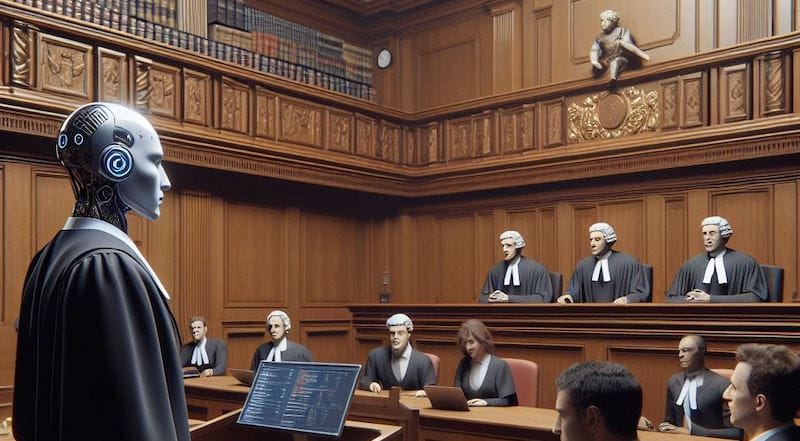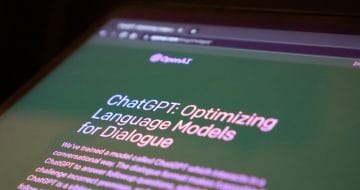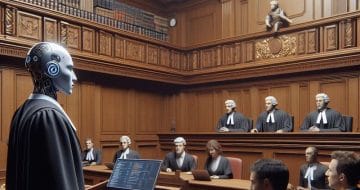Master of the Rolls backs artificial intelligence in latest speech

Lawyers should embrace AI, despite horror stories of hallucinations in ChatGPT-created court filings, the Master of the Rolls has said.
In a speech delivered at LawtechUK’s generative AI event, Sir Geoffrey Vos claimed that lawyers and judges have “no real choice” but to embrace AI and set out what, in his view, are three “very good reasons why they should do so.”
Firstly, he mentioned the widespread uptake of AI tools among businesses. “All other industrial, financial and consumer sectors” will use AI “at every level,” the master of the rolls said. If lawyers are to serve these businesses, “there is simply no way” they can set themselves apart and reject AI as dangerous or imprecise.
Secondly, lawyers should be “adept at the understanding the capabilities and weaknesses of generative AI” in order to cope with the influx of “AI liability disputes” that this new technology is likely to cause. Familiarity with the technology will allow lawyers to advise their clients effectively on this issue.
Finally, Vos invoked the efficiency argument, stating simply that embracing AI “will save time and money.” He restated his commitment to creating the Digital Justice System, which would allow civil, family and tribunal disputes to be resolved online, “using AI where appropriate”, without entering the “expensive and time-consuming” court process.
However, Vos did assure AI sceptics that he advocated for implementing AI tools “cautiously and responsibly”, making a tongue-in-cheek jab at the perceived conservatism of the profession: “taking the time that lawyers always like to take before they accept any radical change.”
This speech forms part of an ongoing debate about how AI is best used in the legal system. Vos spoke of the need to “build bridges” between the “enthusiasts” and “sceptics” of AI, seeming to suggest that too many lawyers fall into the latter category.
Speaking of the incidents in which lawyers have used GenAI to write submissions which included fictitious “hallucinated” case references and quotations, Vos said, “We should not be using silly examples of bad practice as a reason to shun the entirety of a new technology.” He mentioned “the hapless Steven Schwartz in New York”, the first of several lawyers to be caught using ChatGPT to create court documents which included such inaccuracies. A lawyer was disciplined just last week in Australia for similar misconduct.
Since his appointment as Master of the Rolls, Vos has become known for his interest in artificial intelligence and innovation, having made several speeches encouraging the use of AI in the justice system including telling lawyers and judges to “get with the programme” on AI back in 2023.


